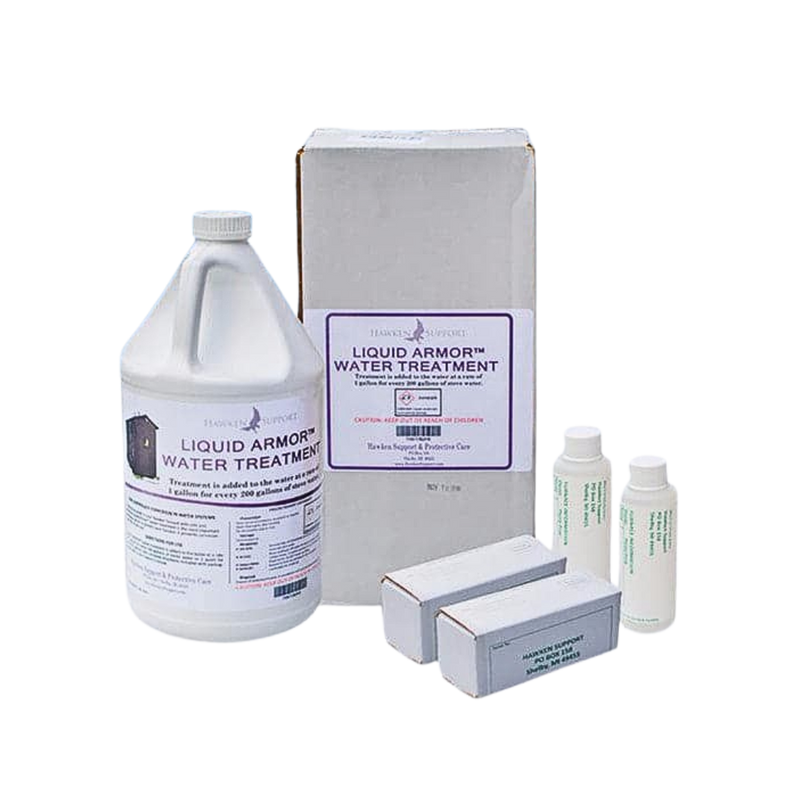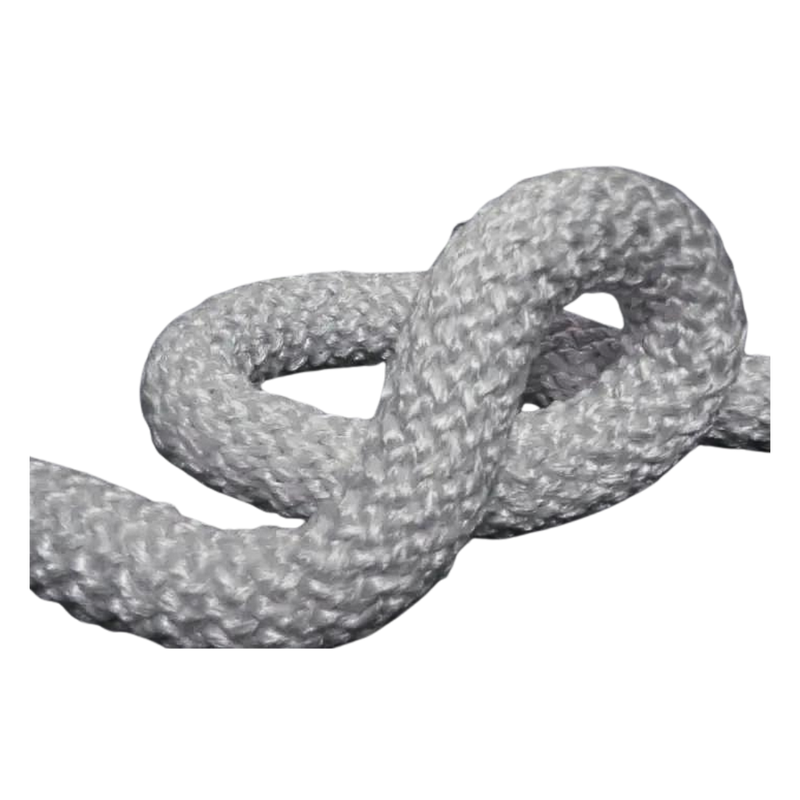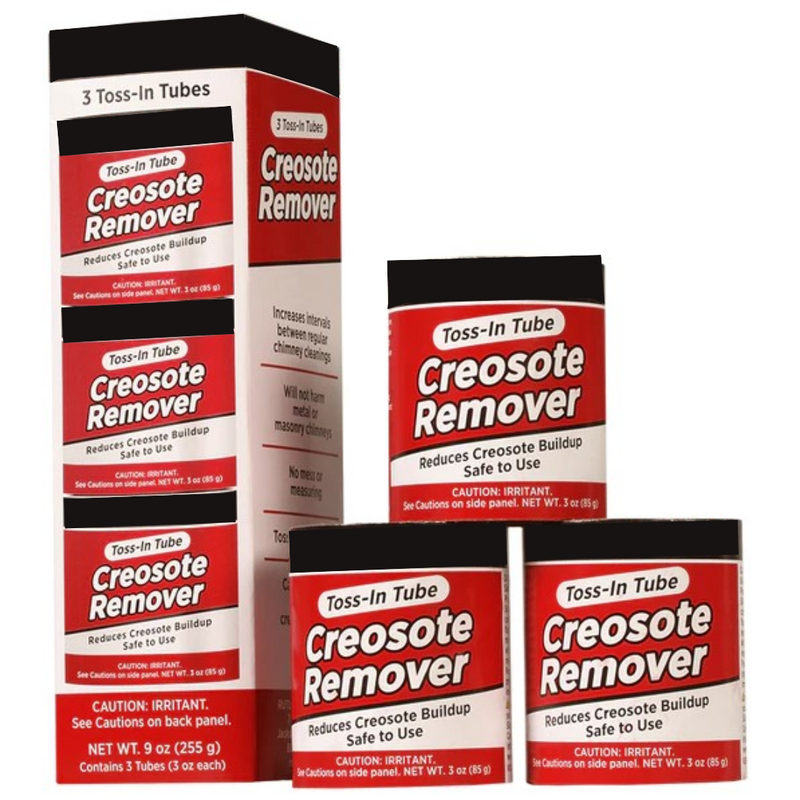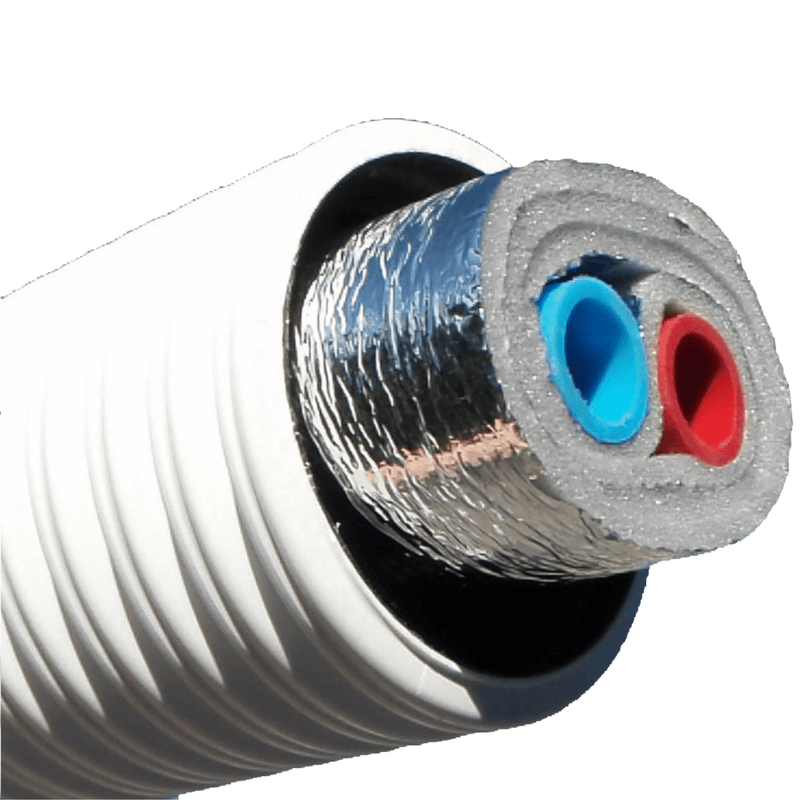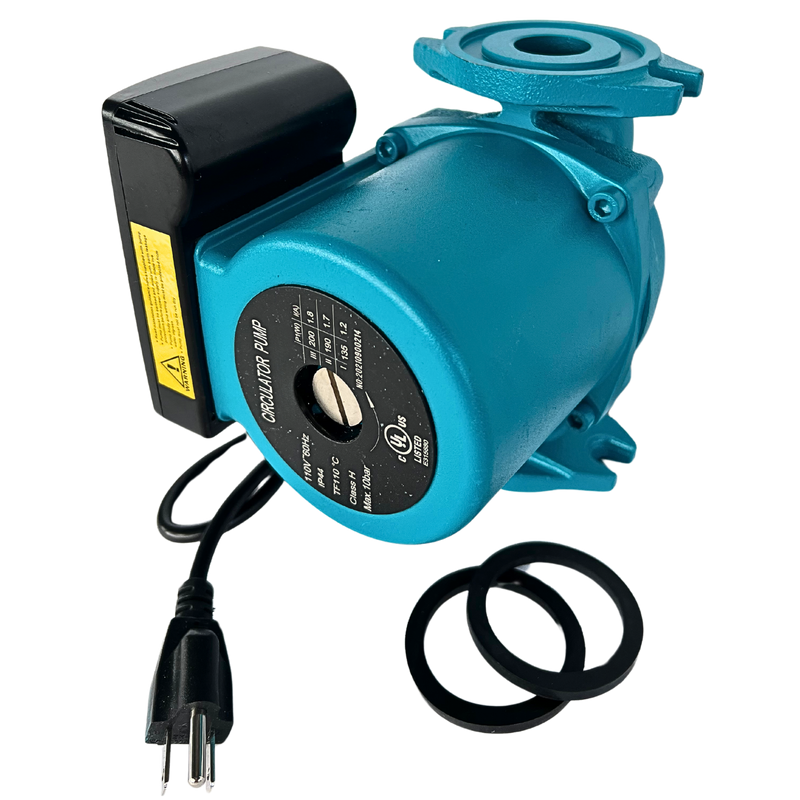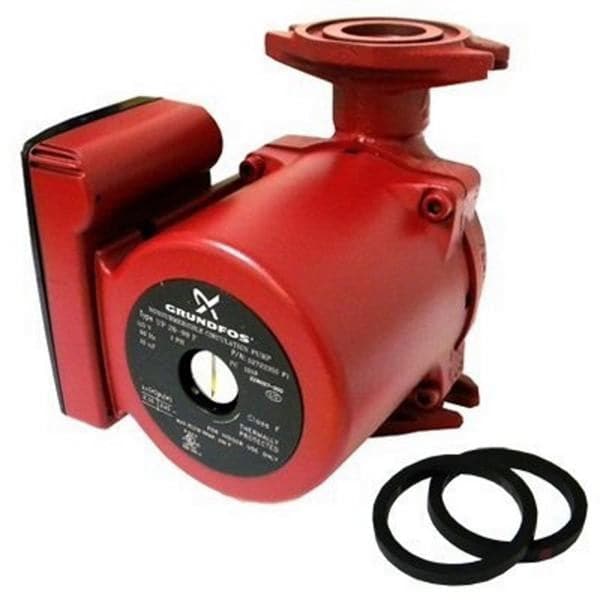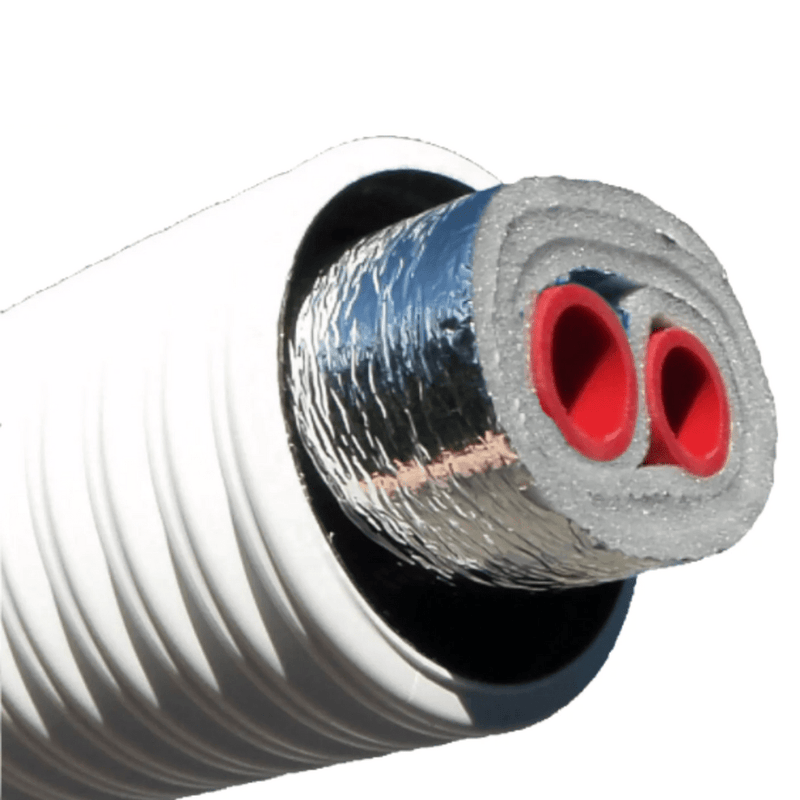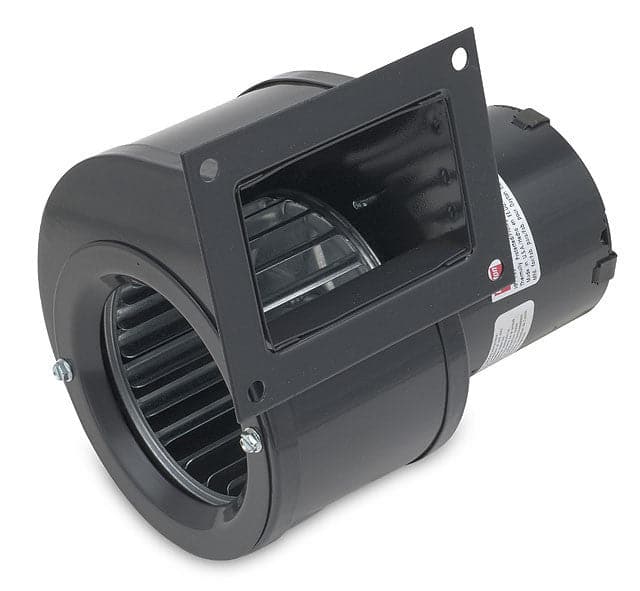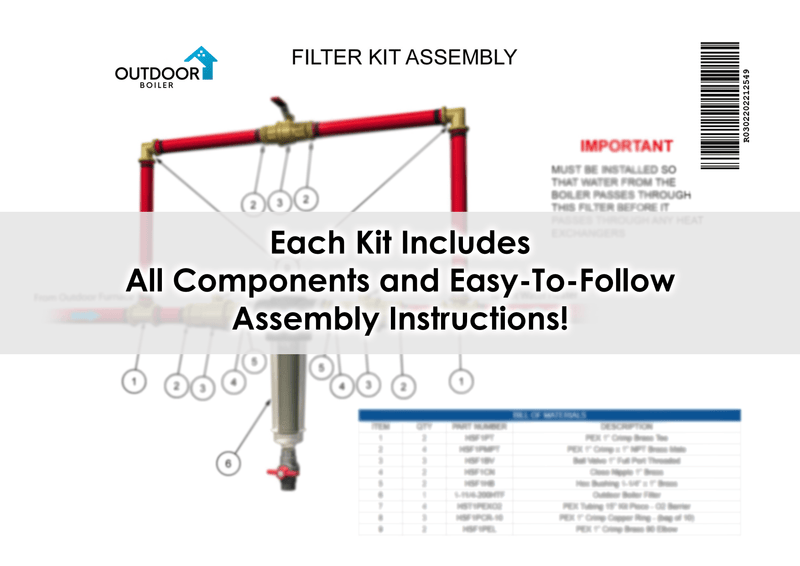The Ultimate Wood Guide for Outdoor Boilers: What to Burn for Maximum Efficiency
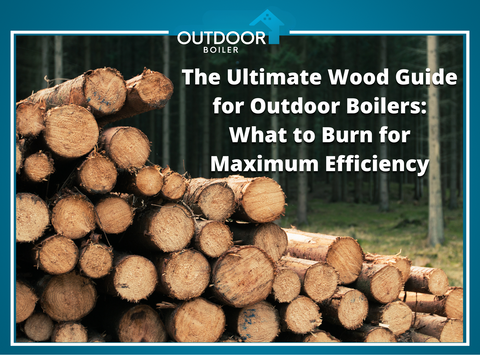
When it comes to powering your outdoor wood boiler, not all wood is created equal. The type of wood you choose can significantly impact the efficiency, heat production, and longevity of your boiler. Understanding the different types of wood and their characteristics is key to optimizing your outdoor heating system. Let's dive into the world of firewood, examining the best options for your wood boiler.
Hardwoods: The High-Efficiency Burners
Hardwoods are generally recognized for their dense and dry nature, making them ideal for high-temperature burning and less production of creosote. These woods provide a long-lasting burn, making them perfect for an outdoor wood boilers where efficiency and longevity are important.
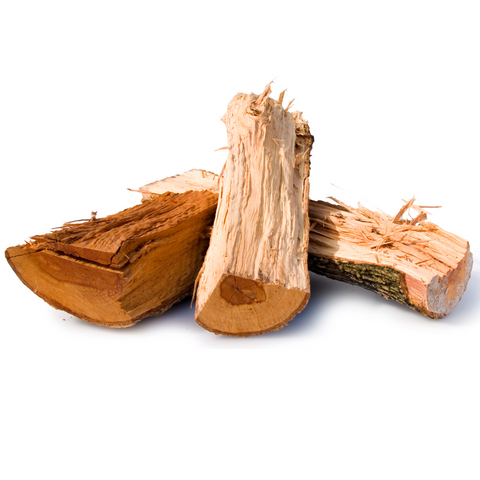
- Oak: This wood is a top choice for many homeowners. It's widely available and offers a reliable burn that makes it a go-to for sustaining warmth over extended periods
- Ash: This wood is a favorite due to its ability to burn hot and leave minimal ash residue. Ash wood splits easily and is user-friendly, especially for those new to wood-fired heating.
- Beech: Similar to oak, beech burns very efficiently and provides steady heat. However, it must be well-seasoned to avoid excessive smoke.
- Hickory: stands out as a high-quality firewood for boilers. It burns even hotter than oak, making it ideal for the coldest days.
Soft Hardwoods: Mid-Temperature Burners
This category includes woods that contain some oils and resins, which allow them to burn at moderate temperatures. These woods are ideal for shoulder seasons or milder winter days.
- Elm: While tough to split due to its stringy nature, elm burns at a decent heat once it gets going.
- Red Maple: This Offers a fair burn time and moderate heat output, suitable for days that don't require intense heat.
- Douglas Fir: Although it's a softwood, Douglas fir is an exception in this category due to its moderate burning temperature and pleasant aroma.
- Birch: With its beautiful bark and good heat output, birch is another excellent choice for moderate heating needs. However, it burns quicker than the denser hardwoods.
Softwoods: The Quick Burners
Softwoods are typically porous and imbued with oils and resins, resulting in lower temperature burns. These woods are best suited for quick, light fires that don’t need to last through the night.
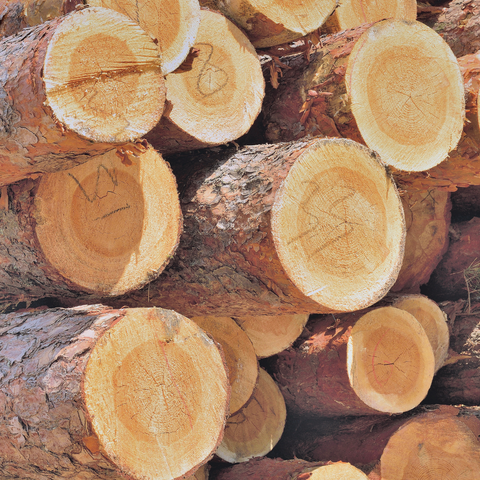
- Pine: Easy to light and abundant, pine is great for kindling or quick heating needs. However, it burns rapidly and may leave more creosote in your chimney.
- Cedar: While it pops and crackles vivaciously, cedar is best used for kindling or mixed with hardwoods, as it burns out quickly.
- Poplar: It’s suitable for spring or fall, when you just need to take the chill off because it's less dense option.
- Balsam Fir: this wood burns fast and is best used for quick heat rather than long-lasting warmth.
Choosing the Right Wood for Your Boiler
Selecting the right wood for your outdoor boiler can make all the difference in your energy costs and maintenance schedule. For maximum efficiency:
- Always use seasoned wood, as it contains less moisture and burns more efficiently
- Mix different types of wood to balance burn time and temperature.
- Clean your boiler regularly to maintain its efficiency and prolong its lifespan.
Using the best firewood for outdoor boiler, like oak, ash, or hickory, ensures your outdoor boiler runs more effectively, providing sustainable warmth and comfort for your home. Whether you prioritize long burn times or quick heat, there's a wood type that fits your needs. Remember, the best firewood not only maximizes the output of your wood boiler but also minimizes your environmental impact, making it a smart choice for eco-conscious homeowners.
Click here to learn more about how to prepare your wood for your outdoor boiler.













